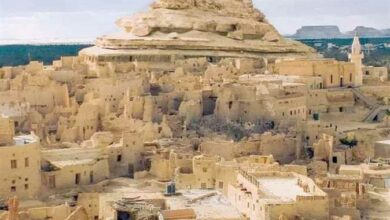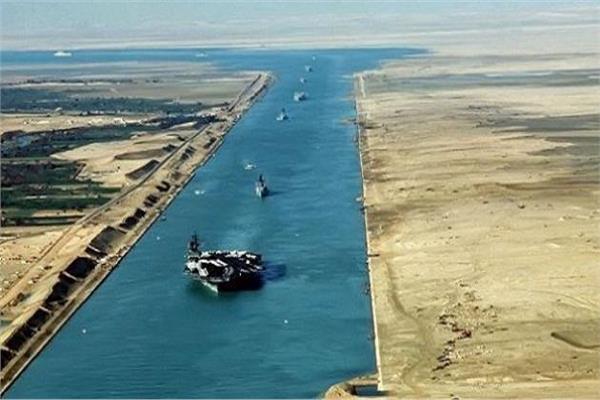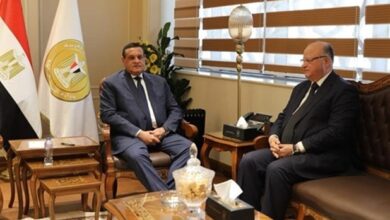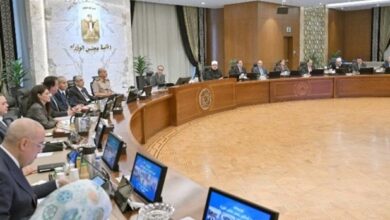Prime Minister Essam Sharaf did well by visiting Sinai on 25 April, a day that marks the peninsula’s liberation from Israeli occupation. Sharaf also did well by abandoning his written speech and speaking spontaneously, using simple and heart-felt words. As a result, his message was well-received by all those in attendance.
Speaking to the residents of Sinai in particular and to Egyptians in general, Sharaf offered three things: a confession, an apology and a promise. He confessed that the old regime neglected the residents of Sinai in the past, which led to their marginalization and persecution. The prime minister then apologized and announced that his government would adopt an anti-discrimination policy in dealing with Egyptian citizens of different regions. He promised to respond to the demands of Sinai residents and to create a ministry or national agency to oversee the Sinai’s development, a clear indication that the peninsula will be a cornerstone in any post-revolution development plans for Egypt.
By the end of the meeting between Sharaf and local leaders, I was overwhelmed with joy and felt that Egypt was undergoing a real change. It felt strange to hear “Good morning Sinai” by the legendary Abdel Halim Hafez on TV, like I was listening to the song for the first time. It was as if Sinai had not been truly liberated until that day.
Interestingly, it was former President Hosni Mubarak, not Anwar al-Sadat, who first raised the Egyptian flag to signal the complete return of Sinai to Egypt on 25 April, 1982. At the time, many expected that Egypt would take serious steps to develop this region and correct previous political mistakes, despite the constraints imposed by the Egypt-Israel Peace Treaty.
It was a hopeful moment as the new president seemed uninterested in power or wealth. We imagined that Mubarak would remain in office for one or two terms at most. But we were all deceived: Mubarak held on to power until being ousted under popular pressure. Rather than developing Sinai (home to 2 million Egyptians), Mubarak only developed resort towns like Sharm El-Sheikh, where he often stayed in a luxurious seaside residence, far away from the pollution of Cairo. The ex-president willingly sold Egyptian gas to Israel at a discounted rate via a gas pipeline that ran through the Sinai.
Mubarak’s policy towards Sinai and its resident over the last thirty years was a dark chapter in Egypt’s history. Hopefully the revolution will turn a new page in the history of the Egyptian state’s relationship with the people of this region.
Translated from the Arabic Edition.




